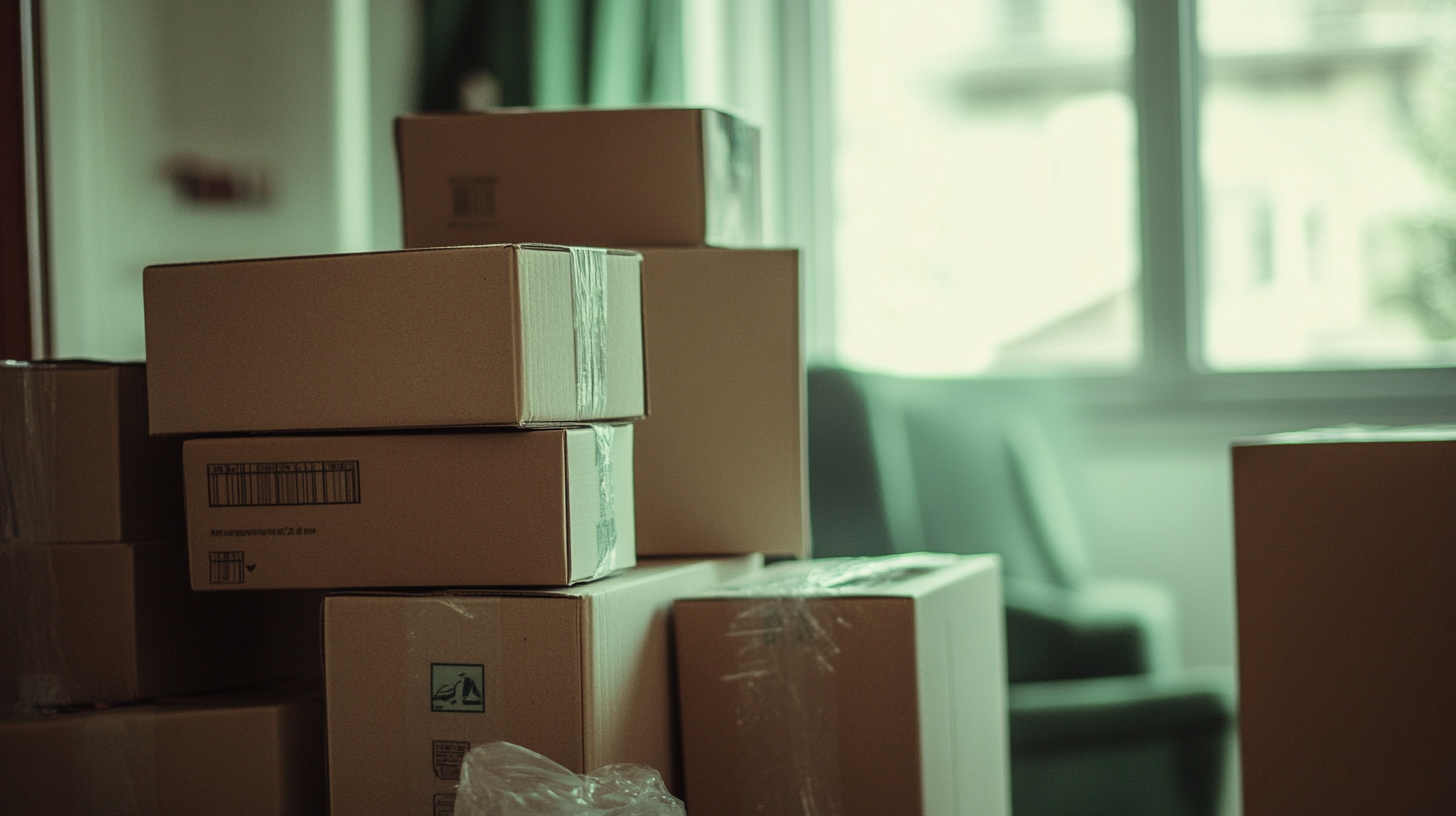
Relocating to a new home can be a daunting experience, especially for parents. Between finding a new house, enrolling kids in school, and ensuring that everything is packed and ready for the move, there’s a lot to juggle. To make the transition smoother for you and your family, here’s a comprehensive checklist of things to do before, during, and after your move. This guide will not only help you stay organized but also ensure that your kids feel comfortable and secure throughout the process.
Before the Move: Getting Ready for the Big Day
Before the moving trucks arrive, several key tasks need to be addressed to make the transition as seamless as possible.
1. Start by Decluttering and Packing Early
Packing up an entire household takes time, so start early. Involve your kids in the packing process—let them help with their toys and personal items. This way, they’ll feel part of the process and not overwhelmed when it’s time to leave their old home behind.
2. Notify Important Institutions
Make sure to contact the following institutions well before the move:
- Banks: When moving to a new area, it might be worth switching to a bank that’s more widely available locally. This can make things like accessing ATMs much more convenient. You might also want to look for banks that offer checking account bonuses for opening new accounts. Alternatively, contact your bank to update your address if you’re staying with the same institution. Don’t forget to notify credit card companies and any other financial services you use.
- Insurance Providers: Inform your home, health, auto, and life insurance providers of your new address to avoid gaps in coverage.
- Utility Providers: Notify your utility providers (gas, water, electricity, internet, etc.) and arrange for service transfer to your new address. Set up the utilities for your new home to start on the day you move in.
3. Update Your Address
Changing your address is one of the most important steps to take before you move:
- Post Office: Visit your local post office or go online to file a change of address request. This will ensure your mail gets forwarded to your new home for a period of time.
- Government Agencies: Update your address with the IRS, Social Security Administration, and any other relevant governmental bodies.
- Subscription Services: Don’t forget to update your address with any subscription services like magazines, meal delivery, or streaming services.
4. Prepare the Kids
Talk to your children about the move. Answer their questions and address their concerns. Make it an exciting adventure by letting them help decide how to decorate their new rooms or pick out new items for the house.
5. Pack an Essentials Bag
Create a box or bag of essentials for the first few days in your new home. Include clothes, toiletries, important documents, snacks, medications, and your kids’ favorite toys or comfort items.
During the Move: Managing the Chaos

Moving day can be hectic, but keeping some simple strategies in mind will help things go smoothly.
1. Keep Kids Entertained
Moving can be stressful for children, so try to keep them occupied. You might consider hiring a sitter for the day or having a relative watch over them while you focus on the logistics of the move. If that’s not possible, create a move-day activity kit with books, toys, or even digital games to keep them distracted.
2. Ensure Safety on Moving Day
On the actual moving day, make sure the kids stay out of the way of movers and any heavy lifting. It’s essential to maintain safety, especially if the movers are carrying large furniture or working with fragile items. You might want to plan for your kids to be in a different room or even take a trip to the park or a friend’s house.
3. Double-Check Your Moving Checklist
Before the movers leave, do a final walk-through of the house to ensure everything is packed and ready to go. Check that all utilities are turned off, windows are closed, and doors are locked.
After the Move: Settling into Your New Home
Once you’ve arrived at your new home, there’s still work to be done to get everyone settled.
1. Unpack Essentials First
Focus on unpacking the essential items first. Set up the kitchen, bathrooms, and bedrooms to ensure that you and your kids have everything you need for the first night. Familiar, comforting items like blankets, favorite toys, or family photos can help make the space feel like home.
2. Register Kids for School
Make sure your children are registered at their new school, daycare, or after-school programs before the move if possible. If not, do it as soon as you arrive. Familiarize yourself with school schedules and transportation options, and help your kids get excited about meeting new friends and starting their new school adventure.
3. Set Up Local Services
Explore your new neighborhood and set up services that are important for family life:
- Healthcare Providers: Research local pediatricians, doctors, and dentists. Transfer any medical records to new providers.
- Childcare and After-School Activities: Look into local daycare centers or after-school programs for your kids.
- Grocery Stores and Nearby Amenities: Find local grocery stores, banks, and other necessary services, such as parks or play areas for your kids.
4. Meet the Neighbors
Introduce yourself to your new neighbors and encourage your kids to meet other children in the area. Building a connection with people around you helps everyone feel more at ease in their new environment.
5. Continue to Update Address Information
Even after the move, keep updating your address with places that may have been missed, such as:
- Your children’s pediatricians or specialists.
- Clubs or organizations your kids participate in.
- Tax forms or other official documents.
6. Take Care of Your Home
Ensure that your new home is secure and safe. Check locks, install childproofing as needed, and set up a new home maintenance schedule (including garbage pickup, yard care, etc.).
Conclusion
Relocating can be a stressful experience, but with the right planning, it doesn’t have to be overwhelming. By staying organized and tackling tasks before, during, and after the move, you can ensure that the transition goes as smoothly as possible for your family. While the process of switching banks, changing addresses, and settling into a new environment may take time, it’s all part of making your new house feel like a true home. With a little preparation, your family will quickly adjust and begin to make new memories in your new space.
